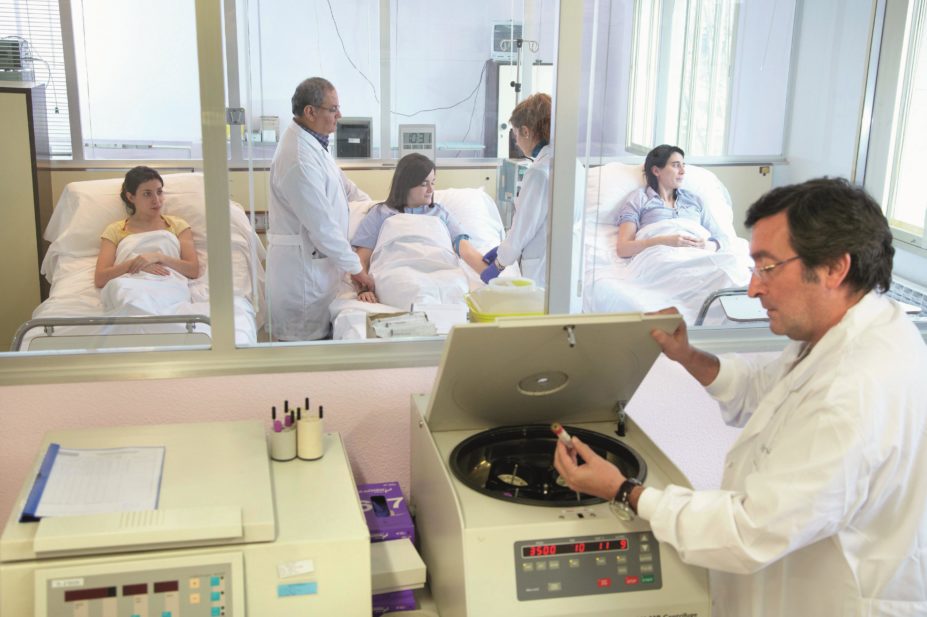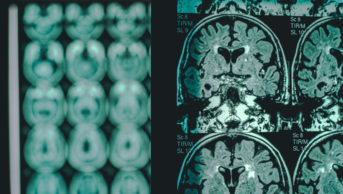
age fotostock / Alamy
A vast amount of drug development data are being lost through the failure to publish the results of a high proportion of trials, particularly of drugs that did not go on to be approved, suggests a study published[1]
in The BMJ on 9 March 2015.
The research looked at all trials conducted in the United States between 2005 and 2009 involving disease-modifying drugs for cancer, cardiovascular disease and neurological disorders. These added up to: 266 trials for licensed drugs and 104 for unapproved — or “stalled” development — drugs. Of these, 96 and 81 trials, respectively, were randomly selected for publication searching.
The researchers found that 75% (72/96) of the licensed drug trials and 37% (30/81) of the stalled drug trials can be rated as having been published fully; while a further four and five trials, respectively, were published only as abstracts. Of the stalled drug trials, none was deposited in the clinicaltrials.gov database.
Ultimately, 15% (14/96) of the licensed drug trials and 57% (46/81) of the stalled drug trials were not accessible publicly in any form.
A failure to publish such data is medically wasteful and unethical, say the researchers. Even in the case of data related to drugs that did not go on to be licensed in the United States, the recording of side effects and incompatibilities will be of interest generally, and may be of benefit to patients in jurisdictions where the drug has been licensed.
“Trials in unsuccessful translation trajectories contain a wealth of information for research planning, [such as] whether pathophysiological theories driving drug development efforts are valid. And where drugs are members of a class that has licensed products, they also provide valuable information about safety and pharmacology,” the researchers say.
The study notes that the inaccessible data related to 11% and 34% of subjects in the licensed and stalled drug trials. This equates to around 21,000 participants in the stalled drug trials. This statistic alone is “ethically troubling” in that such trials expose patients to unsafe or ineffective drugs, but are not redeemed by any gain in scientific knowledge, the researchers say.
A number of developments afoot internationally promise some changes. The US Health and Human Services has proposed obliging drug developers to lodge all trial findings in clinicaltrials.gov, irrespective of the drug’s eventual licensing status.
In Europe, the EU Clinical Trials Regulation 536/2014, which is due to take effect in mid-2016, will require the publication of clinical study reports for trials used in marketing authorisation applications.
In addition, the European Medicines Agency brought in a new clinical trial transparency policy in January 2015 that involves publication of clinical study reports in support of a drug application.
In 2013, a revision of the World Medical Association’s Helsinki Declaration already establishes an ethical obligation to “publish the negative, positive and inconclusive findings [of all research involving human subjects] in a complete and accurate manner”.
References
[1] Hakala A, Kimmelman J, Carlisle B et al. Accessibility of trial reports for drugs stalling in development: a systematic assessment of registered trials. The BMJ 2015;350:h1116. doi: http://www.bmj.com/content/350/bmj.h1116


